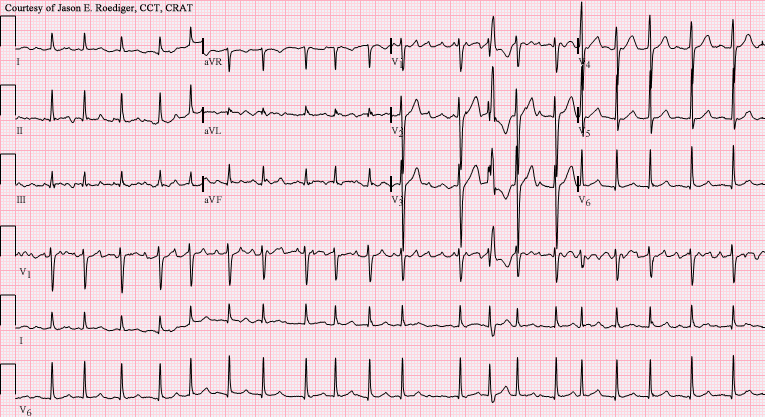

There are all kinds of methods and resources available to help people reduce stress and anxiety levels. Some of the ones you’re probably familiar with are healthy exercise, taking nutritional supplements and using a licensed therapist. Anxiety can make Afib worse, so avoiding any kind of anxiety triggers is even more important than usual for people who have both. It’s not the easiest thing to do, but those with AfIb can lower their chances of an episode by finding ways to keep their stress levels down. This can be good news and bad news for those who suffer from anxiety. While they are two separate issues, there are studies that suggest anxiety can trigger Afib episodes.
#A FLUTTER VS A FIB HOW TO#
Part 2: How to Manage Anxiety When You Have Afib (And Vice Versa) Can Anxiety Cause Afib? If you’re curious, there is plenty of information available on how to best prepare for a screening. The main benefit of an Afib screening is that once you know the source of your condition, doctors can put together a strategy to treat it. However, the most popular is an EKG screening, which is painless, non-invasive, and doesn’t require the removal of any clothing. There are several ways that doctors can screen for Afib, including a chest x-ray, blood test or a stress test. In this case, there is a specific Afib screening that doctors can do to find out if it’s at the root of what’s causing you discomfort. The first step in dealing with any issue is knowing exactly what’s causing the problem. totally off-beat.Īfib Screenings: The Best Way To Diagnose Atrial Fibrillation If you have a panic attack, you’ll feel your heart start to beat faster, but it should always stay in a steady rhythm. This usually feels like a flutter in your chest or you might get the sensation that your heart is skipping a beat.

Heartbeat – Afib is in some ways similar to a muscle spasm, in that it causes your heart to beat erratically.

Afib, on the other hand, is a purely physical issue and won’t have any emotional warning signs to go along with it. Sometimes this happens before an attack while other times it’s a response to the physical distress.

Afib has a physical trigger that sends a surge of electrical impulses through your heart, causing it to get out of sync with itself. The main difference between Afib and a panic attack is what makes it happen. The Difference Between Afib and a Panic Attack While the signs are similar, the causes are very different, so it is important to understand the differences between the two. People with anxiety will also recognize these signs, as they can also be signs of a panic attack. You may be experiencing atrial fibrillation if you feel: Those with Afib have reported feeling including dizziness, weakness, fatigue and chest pain. Afib symptoms are usually sharp and immediate. This can happen in short bursts or show up as a chronic condition. Part 1: Is that pounding heartbeat an anxiety attack or Afib?Īfib, or Atrial Fibrillation, occurs when the top two chambers of your heart beat erratically and out of rhythm with the lower two chambers.


 0 kommentar(er)
0 kommentar(er)
